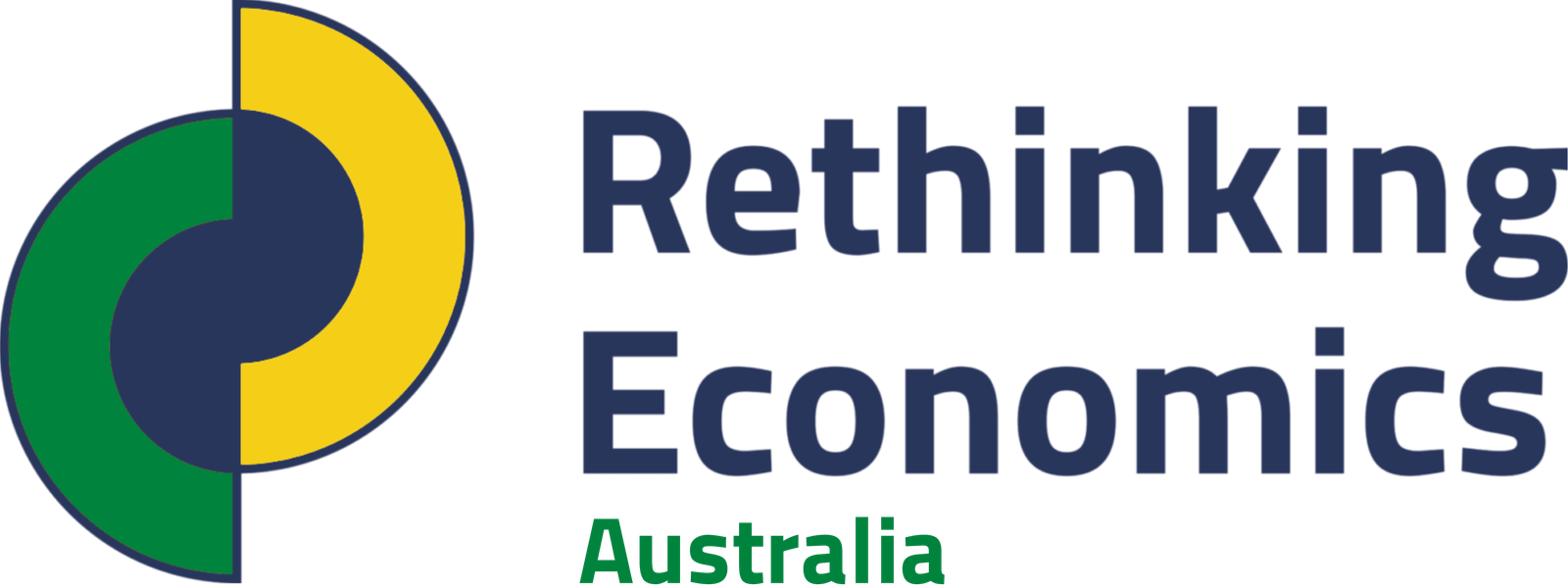In many introductory economics classes, economics is framed as the science of scarcity and choice. Under this framing, the field of economics attempts to resolve the problem of resource allocation among individuals. Absent is critical discussion over social inequality, market instability, governmental institutions, and social philosophy. Students are instead asked to memorise equations and solve calculus problems. If economics is indeed a social science, the ‘social’ appears to have gone missing.
An education in economics should equip students with the tools to think critically about the world around them. Although there is a time and place for abstract mathematical equations, many university students leave the classroom without ever engaging with or debating real economic issues. Rethinking economics not only means rethinking economic theory and methodology, but also how economics is taught to future generations.
Participation in economic discussions should be open to all, because the economy impacts each one of us in different ways. Rethinking economics means rethinking the role of economics in a democratic society. Politicians and CEO’s talk about ‘elasticities’ and ‘supply and demand’, which appears to validate their claims without any actual evidence. We need to cut through the jargon and fight for greater understanding, not widespread confusion.
If you have ever sat in a classroom, read the newspaper, or read an academic article and thought “what’s the point of this?” – it’s time to rethink economics.
